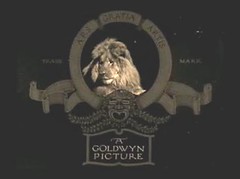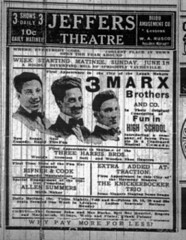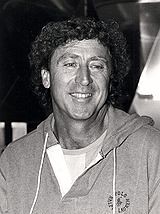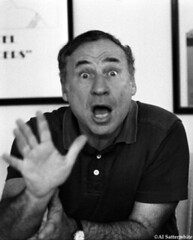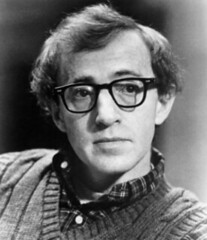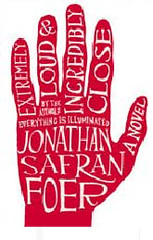From The Peopling of New York City
Beginning with Jewish immigrants in the late 19th century, and continuing through the generations to today, scores of Jewish American individuals have made cultural contributions to New York, and to the United States as a whole. Many influential figures in the arts and literature were, and are, Jewish.
Film, Television and Theater
Jews have had an enormous influence in Hollywood. By the 1930s Jews dominated the film industry as almost all of the major production companies were owned and operated by eastern European Jews. These companies include (but are not limited to):
Goldwyn Pictures (Samuel Goldwyn — born Samuel Goldfish, 1882 in Poland),
United Artists (Al Lichtman - from Hungary),
Universal (Carl Laemmle - from Germany),
and Warner Brothers (Sam, Jack, Albert, and Harry Warner, from Poland).
A small sample of Jewish actors and performers are:
The Marx Brothers, Danny Kaye (Daniel David Kominski), Sammy Davis, Jr., Gene Wilder (Jerome Silberman), Dustin Hoffman and Jerry Seinfeld.
Some prominent Jewish American Directors are:
Mel Brooks (Melvyn Kaminsky), Stanley Kubrick, Woody Allen (Allen Konigsberg), and Steven Spielberg.
Music
Broadway and popular Jewish composers:
Irving Berlin (1888-1989) — "God Bless America" and "White Christmas."
George Gershwin (1898-1937) — Porgy and Bess, "Rhapsody in Blue."
Richard Rodgers (1902-1979) — Oklahoma!, Carousel, South Pacific, The King and I, and The Sound of Music.
Benny Goodman (1909-1986) — "Let's Dance" and "Sing, Sing Sing."
Leonard Bernstein (1918-1990) — West Side Story and Candide.
Marvin Hamlisch (1944– ) — A Chorus Line.
Classical performers/composers:
pianist Vladimir Horowitz (1904-1989)
violinist Itzhak Perlman (1945– )
composer Aaron Copland (1900-1990)
Popular songwriters/performers:
Bob Dylan,
Paul Simon,
Art Garfunkel,
Barbra Streisand.
Literature
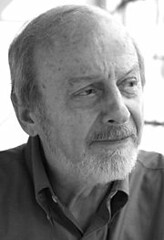
Jewish American literature holds an essential place in the literary history of the United States. It encompasses traditions of writing in English, primarily, as well as in other languages, the most important of which has been Yiddish. While critics and authors generally acknowledge the notion of a distinctive practice of writing about Jewishness in America, many writers resist being labeled as "Jewish voices." Also, many nominally Jewish writers cannot be considered representative of Jewish American literature. One such example is Isaac Asimov. American Jewry has produced such diverse writers as J.D. Salinger, E.L. Doctorow, and Allen Ginsberg.
Beginning with the memoirs and petitions composed by the Sephardic immigrants who arrived in America during the mid 17th century, Jewish American writing grew over the subsequent centuries to flourish in other genres as well, including fiction, poetry, and drama. It reached some of its most mature expression in the 20th century "Jewish American novels" of Henry Roth, Saul Bellow, Bernard Malamud, Chaim Potok, and Philip Roth. Their work explored the conflicting pulls between secular society and Jewish tradition which were acutely felt by the immigrants who passed through Ellis Island and by their children and grandchildren.
More recent authors like Paul Auster, Michael Chabon, Jonathan Safran Foer and Art Spiegelman have continued to examine dilemmas of identity in their work, turning their attention especially to the Holocaust and the trends of both ongoing assimilation and cultural rediscovery exhibited by younger generations of American Jews. Modern Jewish American novels often contain (a few or many) Jewish characters and address issues and themes of importance to Jewish American society such as assimilation, Zionism/Israel, and Anti-Semitism. Magazines such as The New Yorker have proved to be instrumental in exposing many Jewish American writers to a wider reading public.
- Return to Cultural Contributions
- Return to Jewish
